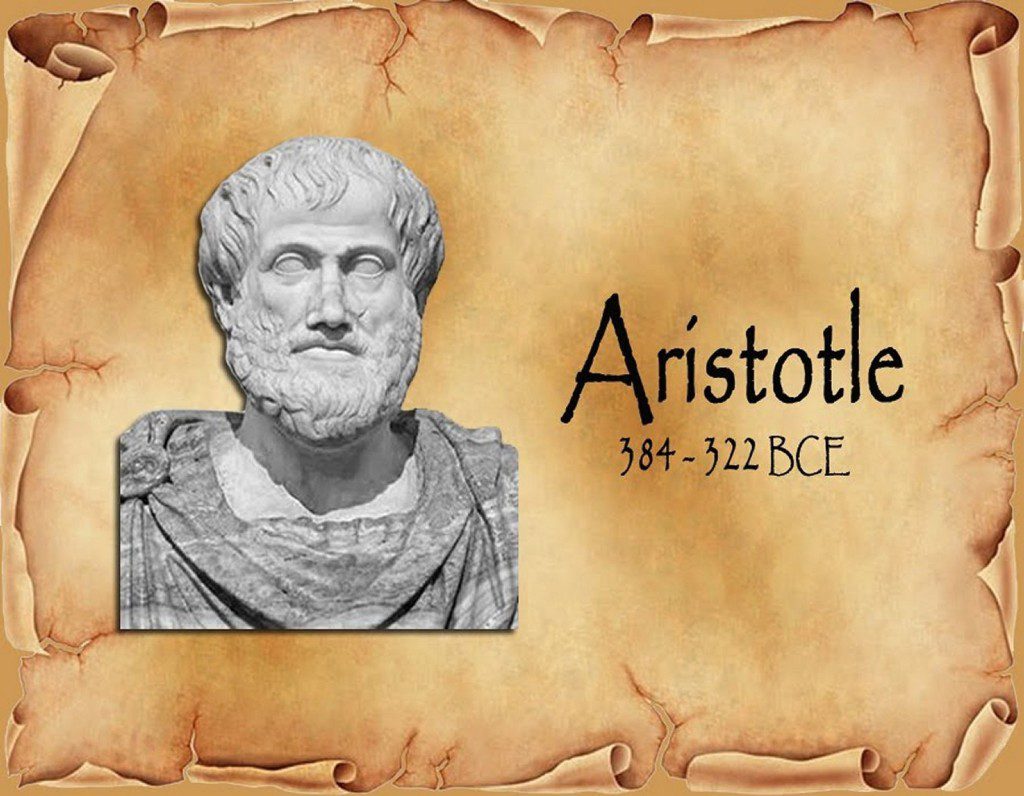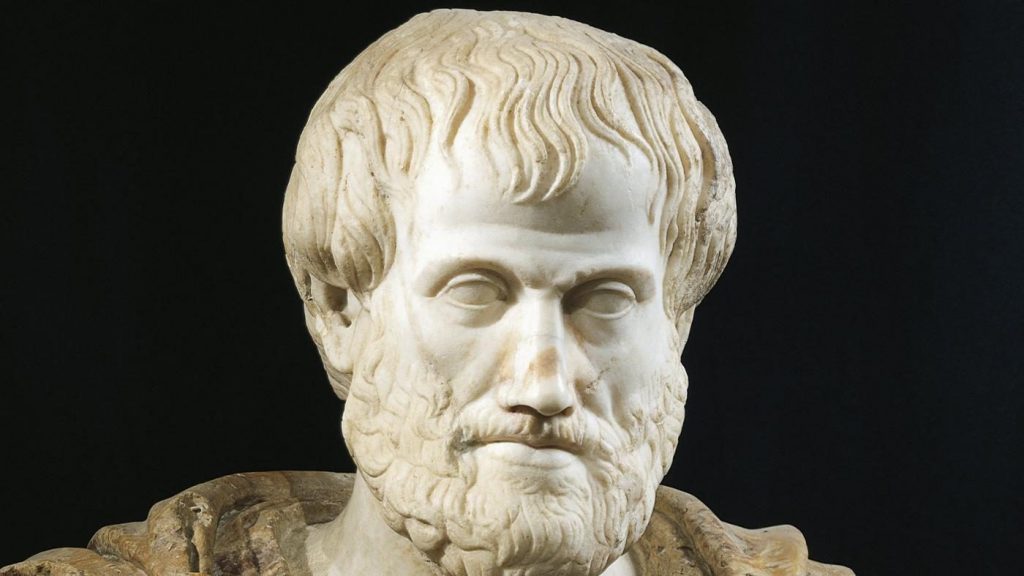The Importance of Ethics for Aristotle
Aristotle, having regarded integrity when it comes to individual (and never heavenly) will, created guy responsible well-being and for their own future. This he declined the spiritual idea and Phenomenology of the Spirit that was legendary, based on which disappointment or the wellbeing of guy is dependent upon fate’s vagaries. Aristotle likewise omitted piety from one of the benefits that were researched. The thinker doesn’t declare something concerning the part of the gods within people’s ethical existence, his integrity totally lacks. Aristotle examines problems that are moral create culture more ideal and to simply help individuals become. Unlike Socrates, Aristotle (for that very first time within the background of integrity) affiliates moral advantage with wish, will, will, thinking that though morality depends upon understanding, it’s nonetheless grounded in goodwill: it’s something to understand what’s good and What’s poor, and also the additional would be to wish to follow the great. Benefits aren’t the mind’s characteristics; they’re the soul’s storehouse. Advantage that is moral is locating the center that is correct in emotions as well as in conduct, selecting the center between absence and their surplus. Just how to decide the center that is correct us for each? Based on Aristotle, for this it’s required possibly to possess useful wisdom or even to follow directions or the instance of the virtuous individual.

Aristotle’s doctrine of integrity contains the meaning of advantage being a normal worth between surplus and deficit, while 11 moral benefits were recognized, such as for instance: bravery, control, generosity, magnificence, generosity, goal, evenness, reliability, courtesy, friendliness, justice.
Hence, Aristotle realizing the inseparability of memory and mind, and benefits from vice, delivered to the forefront the character of guy, like a particular regulative device named to obtain the very “gold mean” which should have now been accomplished, through the internal conclusion the greatest great is the fact that unique frame of mind That May occur just following the satisfied responsibility, or awareness and conclusion from the individual of the location, in the place of in sensuous joys and substance benefits, that’s in religious fulfillment. Whilst creating that she should continuously enhance like an individual along with a religious being, that will be the primary objective of guy and just he then will have the ability to understand the contemplative existence.

In the same period, Aristotle thought that “independence of preference” is important, determining it whilst the independence to select the objective and related steps, so that as a result the institution of the guideline of cause of one over urges that was sensuous. Within free will’s issue, Aristotle uses the idea that is standard that just the beast that’s in the whim of prejudice and assault isn’t free. Morality, which denies embarrassing actions, is made on main significance because, for attaining advantage, an individual must obtain ethical balance and ethical adherence to concepts, that’s, who lives by enthusiasm won’t pay attention to thinking, that’s.
Aristotle acknowledges absolutely the ethical theory, but just current in the shape of benefits that are comparable. Focusing morality’s details, Aristotle involves the final outcome that the action outwardly (and based on objective effects) virtuous isn’t such if it’s not along with a related purpose.
Aristotle links the internal purpose of guy and advantage but is grounded in goodwill: the additional would be to wish to follow the great, and also it is something to understand what’s good and what is poor. Consequently, Aristotle differentiates between your rational benefits linked to the actions of moral, and your brain, symbolizing the benefits the smoothness of the spirit.
